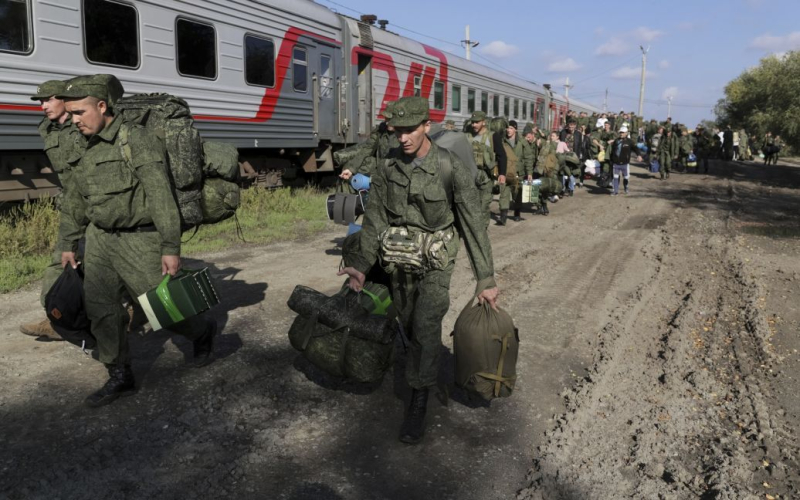
The failure to fulfill the plans of the Russian Ministry of Defense was confirmed to journalists by an interlocutor at one of the contract selection points.
Over the past year and a half, approximately 426 thousand Russian citizens have received payments for concluding contracts with the Russian Ministry of Defense. At the same time, according to official data, there were 214 thousand more recruits. That is, the real figures are one and a half times less.
This is stated in the investigation conducted by experts from the Conflict Intelligence Team (CIT) and journalists from “Important Stories”.
The unreliability of the figures that the Russian Defense Ministry reports to Putin is also confirmed by other observations. In particular, the Russian command sends entire assault units of wounded and crippled soldiers to the front.
“This has already taken such extreme forms that people on crutches and with Ilizarov apparatuses are sent to the front. We see this in all regions, from the Far East to the border regions,” CIT experts note.
The failure to fulfill the plans of the Russian Ministry of Defense was confirmed to journalists by an interlocutor at one of the contract selection points. According to him, in 2023, the regions managed to fulfill the plan by only 50-60%. This year, the rate of recruitment of contract soldiers is higher, but they are recruiting equally “in the minus” due to the number of irreparable losses of the Russian occupation army in Ukraine.
In addition, the shortage of recruits is indicated by the fact that the authorities of the constituent entities of the Russian Federation regularly increase the amount of payments for concluding a contract. In this way, the authorities of the regions are trying to attract recruits. With a sufficient number of recruited troops, this did not happen, analysts say.
Recall that earlier, the Financial Times suggested that Russia would be forced to announce a new wave of mobilization by the end of 2024, even though its numbers outnumber the Ukrainian army.
Similar topics:
More news

